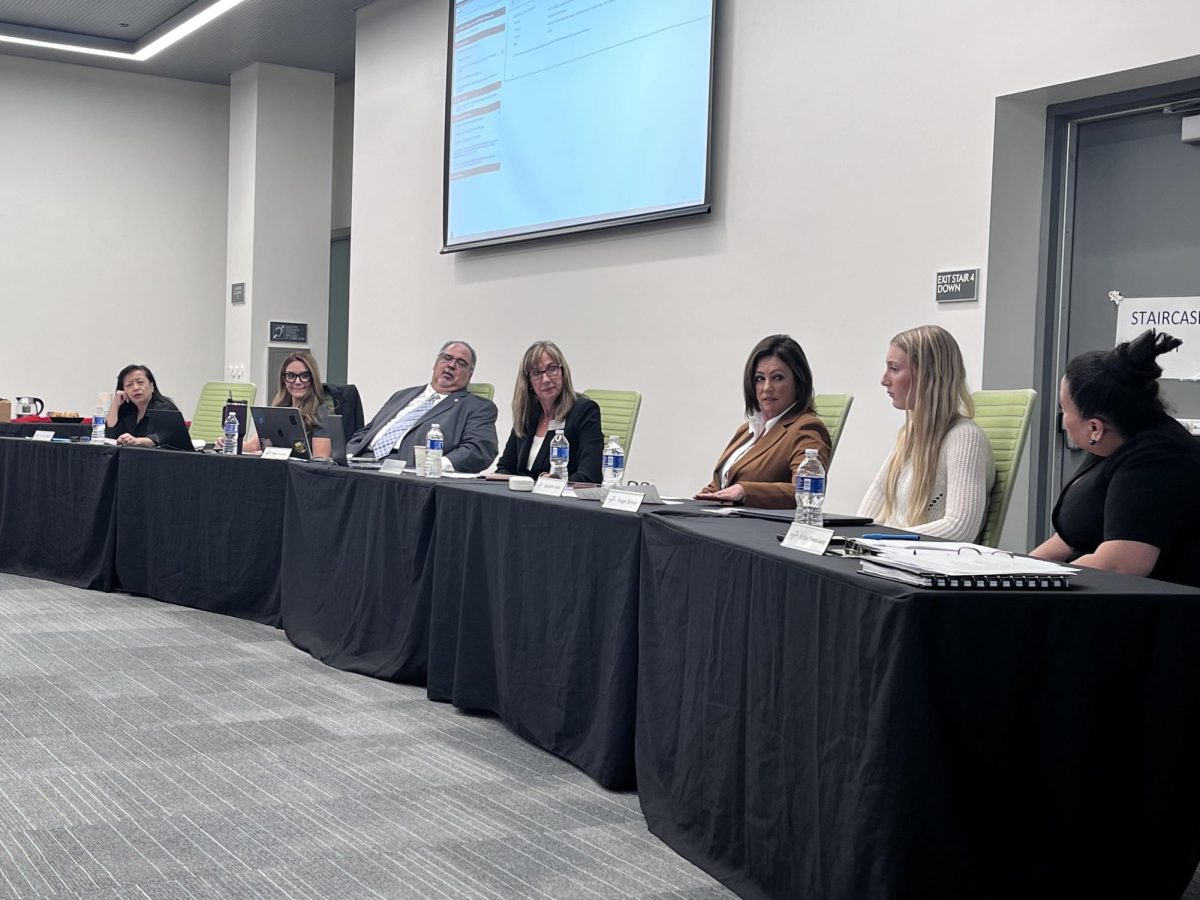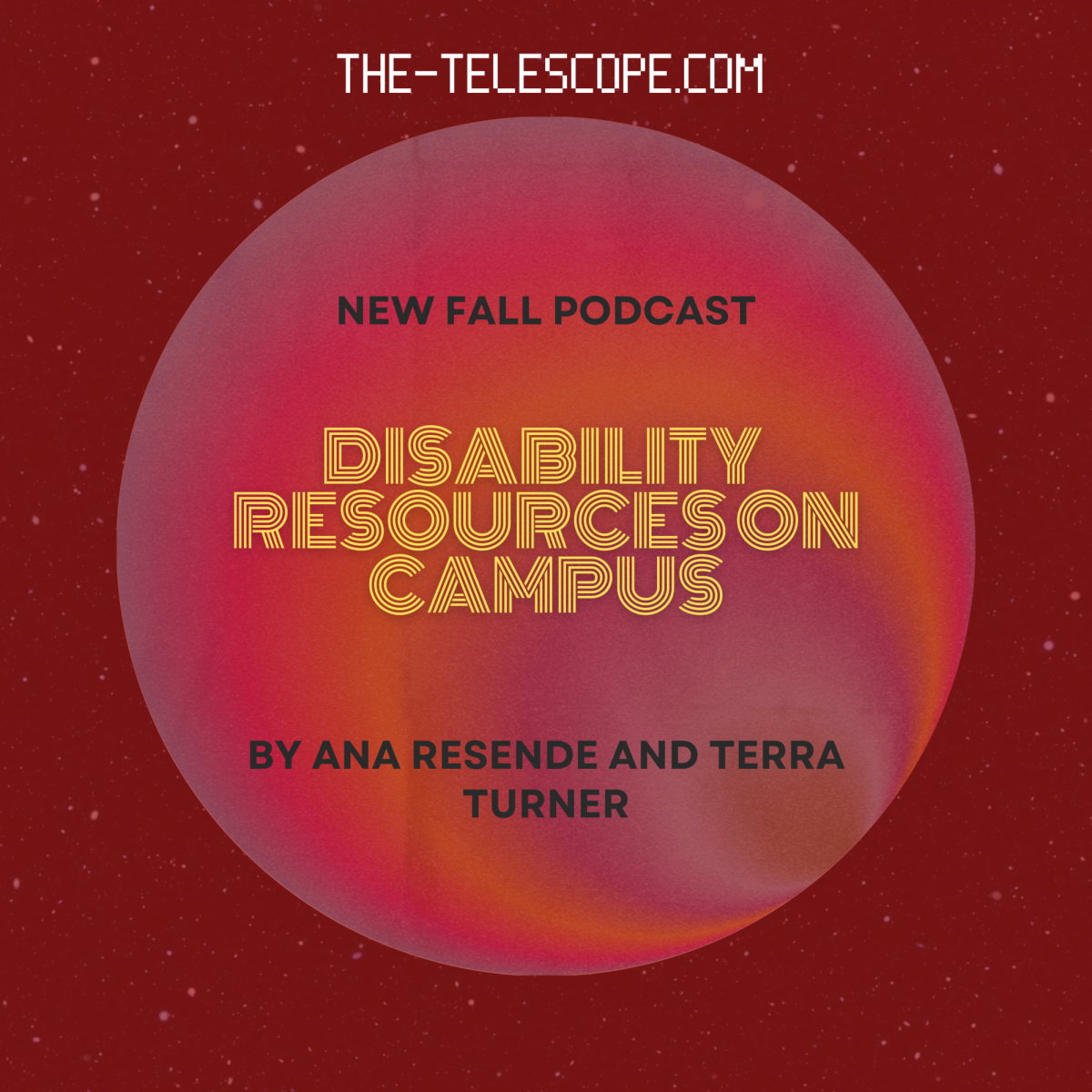There are more factors than just our “likes” or ratings taken into consideration by the artificial intelligence (AI) that suggests new shows for us or posts we see. Rating or “liking” definitely helps those platforms learn our interests, but the algorithms are much more complicated.
For example, Netflix collects data on the time spent watching a show, how often a title is paused, time of day, location, the device used, and more. They also compare our data with millions of others to calculate our projected interests.
The reasoning behind this is to get you to stick around. If someone is scrolling through and cannot find anything of interest, they are likely to move on to a different platform. Consumers have very short attention spans nowadays due to the abundance of entertainment available. If something does not catch the viewers’ eye quickly, they will look elsewhere.
Social media uses similar algorithms to create our “explore” pages on platforms such as Instagram and TikTok. Algorithms are also used to decide what content pops up first in the social media news feed. The sites deicide what content users are most likely to interact with because social media is all about interaction and engagement.
It makes sense that Netflix and other companies use our likes to come up with suggestions, and we are okay with that because we actively help them learn our preferences in order to provide content we enjoy. I don’t want to scroll forever to find something to watch or find a post I am interested in. For that, I am grateful for algorithms.
People may be worried about privacy issues due to the amount of information collected by these companies. While everyone is likely aware that their information is gathered, some of the types of information discussed are surprising. Privacy is a big issue in the age of the internet, and the trust of the public towards these companies is low.
Privacy is not the issue I have with algorithms. I am quite aware that all of my information is out there somewhere. It is not ideal, but it is reality. The issue I have with algorithms is the lack of transparency. I worry that what I am shown (or not shown) may have deeper reasoning behind it.
On social media, it is common for people to feel like their voice is being silenced. “Shadowbanning” is a new phenomenon where accounts no longer pop up on explore or even their followers’ feed. These accounts are not notified of said restrictions, they simply notice a sudden and drastic decline in reach.
People may feel they are shadowbanned because their opinion does not match certain agendas of big tech. This crosses over into the issue of censorship.
Regardless of how we feel about the data collection used to create algorithms, we consent to it. Some of the data collected is alarming, but not illegal. We can complain all we want, but at the end of the day we all agreed to the terms and conditions.






















































